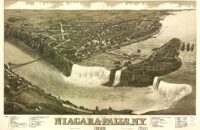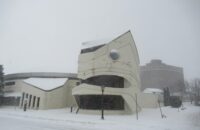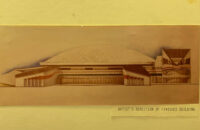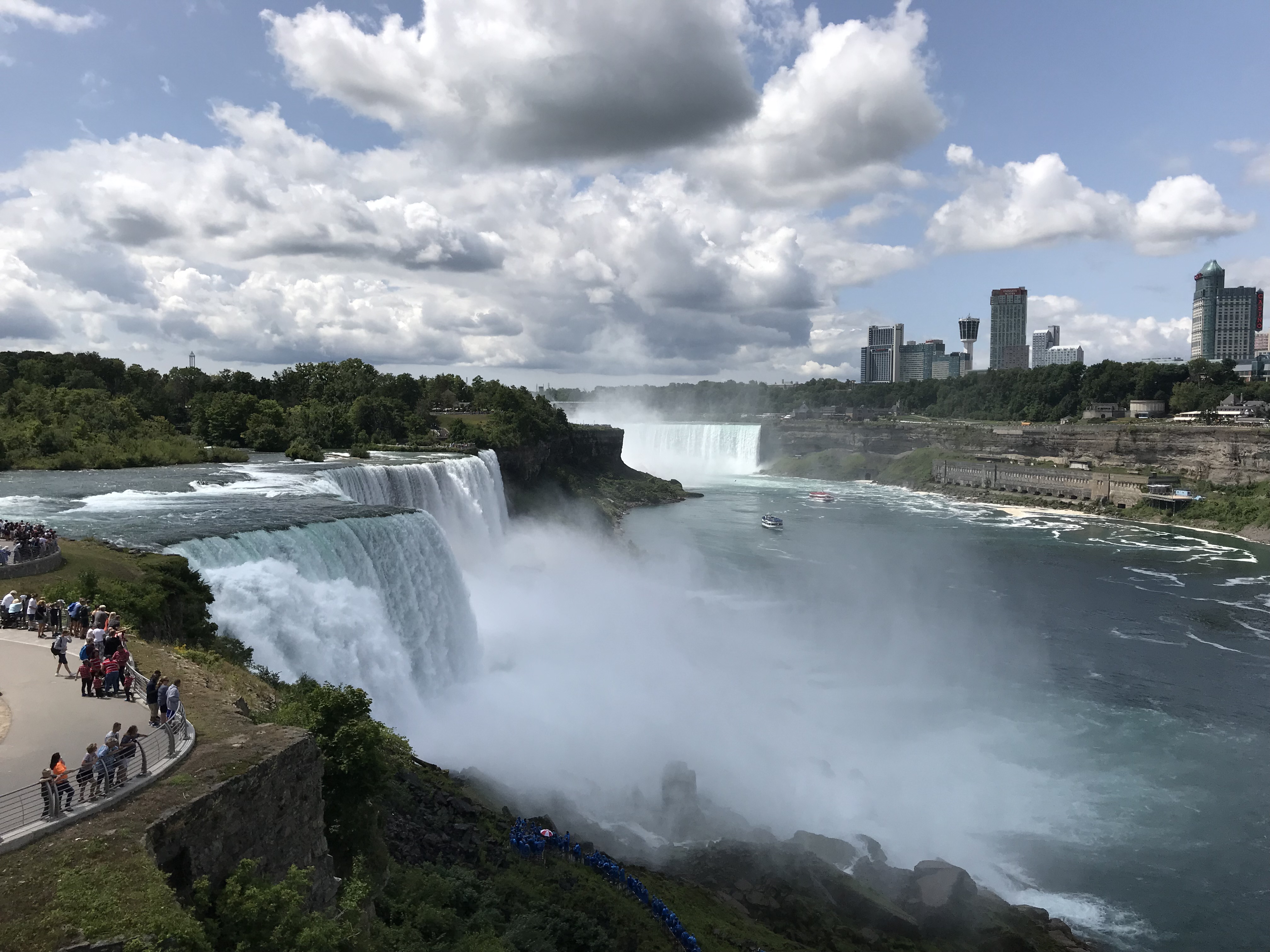
Lack of transparency from low to high positions in government seems to be the Democratic way…. Together in obfuscation: B. H. Obama and Paul Dyster
Aside from the fact that they all happen to be Democrats, President Barack Obama, Gov. Andrew Cuomo and Mayor Paul Dyster all have another trait in common – The belief that they can punish members of the press and the news organizations they work for by freezing them out, obstructing the news gathering process in retaliation for anything less than favorable coverage.
The tactic is not new. In fact it was developed by movie studios and record companies who literally ran reporters out of New York City and Hollywood and bankrupted publications for criticizing their product, a practice that has continued in those places to this day.
But the entertainment industry plays with its’ own private money. In the case of Obama, Cuomo and Dyster, the money that goes into creating the “product” – government and the services it provides – is taken forcibly from taxpaying American citizens, who have traditionally relied on the media for an understanding of what their money is being spent on.
This isn’t an inside baseball battle that matters only to whiny reporters. It’s an issue that goes to the heart of a democratic society. People need information about issues that affect their lives so they can make intelligent decisions about government. They can’t do that if the books are cooked.
Problems cited by the journalism groups include: failing to respond to interview requests until way after deadline; requiring public relations staffers to sit in on interviews; blocking contact completely in some instances; requiring reporters to seek permission to interview officials and submit questions in advance; providing only “slick non-answers” from public relations pros rather than allowing unfettered interviews with the principals.
Locally, Dyster has not spoken on the record to the Niagara Falls Reporter in years. He has threatened to sue the newspaper on at least one occasion, only to think the better of heading in to a courtroom, where telling anything less than the truth, the whole truth and nothing but the truth is known as perjury.
Comically, when one of our reporters got a new telephone with different number a few weeks ago and made the routine call for comment on a story, the mayor picked up. He was flummoxed when the journalist identified himself and stated his reason for the call, sputtered out a few words and hung up.
We published his statement exactly as he said it.
On a national level, James Risen, the New York Times reporter who may face jail if he won’t testify in a leak case, has called the Obama administration “the greatest enemy of press freedom that we have encountered in at least a generation.”
The news media has begun to fight back. An open letter signed by 38 journalism and open government organizations accuses the administration of “politically driven suppression of news and information about federal agencies.” The coalition calls on the president, who once promised his would be the most transparent administration ever, to clean up its act.
The Society of Professional Journalists played a key role in assembling the large coalition supporting the strongly worded letter. David Cuillier, SPJ’s president, points out that it’s awfully unusual to get so many journalism outfits to agree on anything — that’s how serious the problem has become.
“This isn’t hurting the journalists. It’s the public,” Cuillier said. “We still get paid. We still do our stories. We see it harming the country.”
Cuillie gives major credit for the campaign to the persistence of SPJ member and freelance writer Kathryn Foxhall.
“There was no problem getting those signatures” from the wide array of organizations, Foxhall says. “Even people we didn’t ask wanted to sign.”
Cuomo is clearly cut from the same cloth when it comes to media relations.
Except during weather crises or after transportation accidents, Cuomo hardly ever consents to be interviewed on television. When he does answer questions on the air, it is often by telephone rather than on camera. Unlike most of his predecessors, Cuomo has given his inaugural addresses to small, invitation-only audiences. This year, at the World Trade Center, a guard at the front door shooed away the curious with the words “Not open to the public.”
Cuomo has a tense and distant relationship with the Albany press corps. His news conferences, which are sometimes just “gaggles,” or scrums in a hallway in the capitol, can be contentious.
Reporters have demanded that Cuomo explain the poor sales of his memoir, “All Things Possible,” which was published last fall.
Cuomo’s rocky relationship with the press apparently began back when he was working with his father, ex-Gov. Mario Cuomo, decades ago, the book states. Cuomo panned “media outlets, which have become pitchmen for ideologies, creating their own echo chamber … for those with similar political positions … The competition places a premium on speed, not accuracy.”
In the book, Cuomo noted the “Albany media dubbed” him as “Darth Vader” and the “Prince of Darkness” after he told numerous state workers they were losing their jobs in his father’s new administration. The “Albany media loves to foment ‘scandals,'” Cuomo remarked later.
After Cuomo’s 2002 campaign for governor crashed, he wrote: “I was horrified to be negatively portrayed in the newspapers again … Coming after the campaign loss, the papers and my political enemies enjoyed throwing dirt on the grave.”
Cuomo does make semi-regular appearances on an Albany-based public-radio interview program, and he used to be a frequent guest on the radio show of Fredric U. Dicker, the longtime Albany correspondent for the New York Post, but the relationship between the two men soured.
On the window of Dicker’s office, which faces a well-travelled corridor in the capitol, there is now a photograph of the Governor with a Pinocchio nose and the words “Come clean on Moreland,” a reference to the Moreland Commission, which was investigating political corruption in Albany and which Cuomo shut down.
Obama, Cuomo and Dyster want as little transparency as possible in how they go about the work of spending other people’s money. That’s bad for America, bad for the state of New York and bad for the people of Niagara Falls.





















